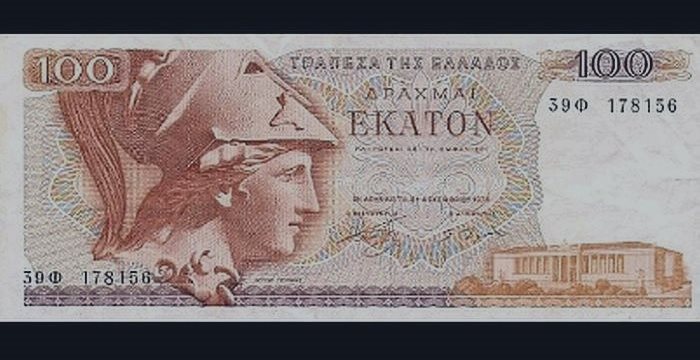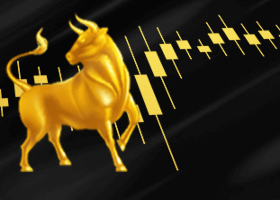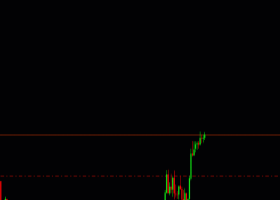Debt Trumps Democracy Every Time | |||||||
| |||||||
|
From Callum Newman in Albert Park: --Today’s Weekend Daily Reckoning ventures off for a tour of Europe. We will begin in Greece, the birthplace of democracy, a principle the banking elite likes to pay lip service to, before they get serious and ignore it altogether. --Russia is hogging the headlines right now, but a little further south, the Greek people have had enough of austerity and are leaning ‘left’, in the sense of wanting to exit the euro, repudiate their debts and the unrelentingly harsh policies of the ‘troika’ (the IMF, ECB and the European Commission). --Apparently, the Greeks are even thinking about electing a party that doesn’t want to go along the troika. Oh dear, alarm bells must have rang in the halls of power… The Financial Times reported on Monday:
--The banks will not permit this. If you take money from a bank, you simply have to pay it back. This is absolutely, totally, non-negotiable. Greek debt is in the hands of the banks (and the ECB, held as collateral for other loans), and the banks want to get paid. --Britain is still paying off its war debts as far back as 1819. Most other European nations are in a similar position. When the Berlin Wall fell, the very first thing that happened was an insistence from the West that Moscow honour it debts from pre 1917 that the communists reneged on. --Taxpayers, not the banks, take the losses in our current system. That’s why over in the UK, British Chancellor George Osbourne is trying to put together a plan to sell the 25% stake in Lloyds Banking Group the government still holds. They spent £21 billion pounds of public money to bail it out in 2008. --Perhaps Osbourne could try selling to some of the Russian billionaires looking for a place to park their money. With their home economy falling apart and the Russian currency collapsing, the amount of buyers with cash in hand trying to escape the rouble has just gone up. --The Australian Financial Review reports both London and Moscow based Russians are shopping for London real estate around the £20 million mark, and ‘there had also been a significant rise in the number of Russians looking to buy investment properties.’ This is similar to the capital pouring out of China into Australia, Canada and the US. --The panic in Russia has also caused the Swiss franc to jump higher on ‘haven’ buying. That caused the currency to breach 1.20 a euro, a level unacceptable to the Swiss National Bank (SNB). --As a result, in January next year, the Swiss central bank will introduce negative interest rates on deposits above a certain threshold. That means depositors are paying for the privilege of holding cash in any Swiss bank. --The New York Times quotes the head of the SNB as saying, ‘The introduction of negative interest rates makes it less attractive to hold Swiss franc investments, and thereby supports the minimum exchange rate.’ --Cash is running out of places to find a welcome home. Having said that, an important point needs to be made here. There is no shortage of cash in the world. Listed corporations have the most cash on their balance sheets ever recorded. According to Moody’s this week, for example, European companies are now sitting on more than US$1 trillion. --That’s doesn’t even include the massive Chinese savings rates. Indeed, today’s discussion relates to what we wrote in Cycles, Trends and Forecasts in late November. Here’s a glimpse:
--As we said at the time, over time this implies the potential for huge increases in asset prices. Stay tuned for more on this later today… Regards, Callum Newman+ |



